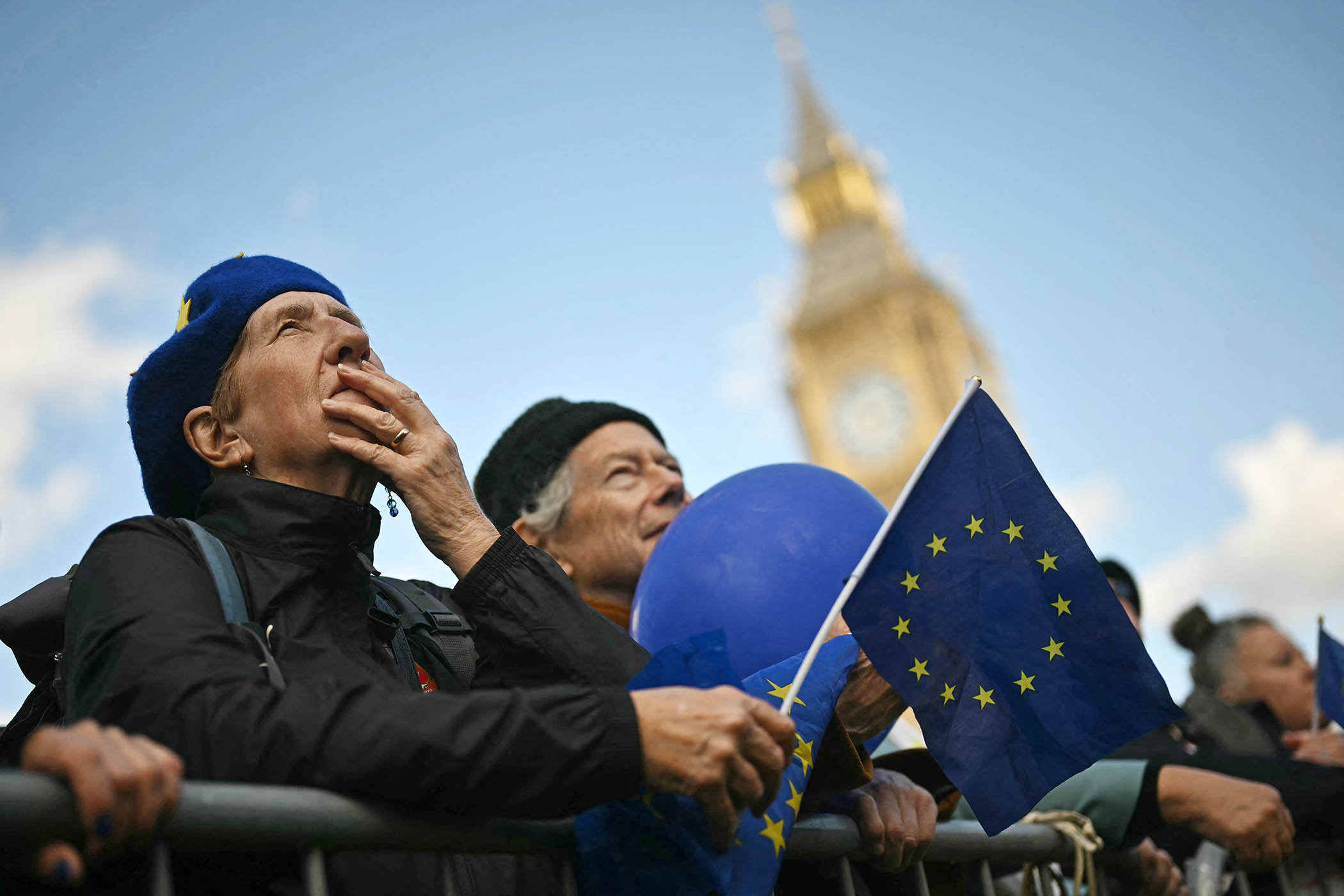It need not have been like this. Had prime minister Starmer and chancellor Reeves had the courage of their previous convictions they would not have been forced to adapt their earlier plan for a two-term government into a desperate struggle, fighting for their own political survival. Their previous convictions? The belief that David Cameron had been foolish to bow to pressure from Nigel Farage and Tory Eurosceptics for that unnecessary referendum; we should have “remained”; and the statesmanlike thing was to fight to “rejoin”.
Much of the trouble in which they now find themselves stems from the unfortunate decision not to fight on, but to throw in the towel, and eventually come to a weak decision to apply for a “reset” in our relations with our former European partners, not a full-blown attempt to rejoin the customs union and the single market.
I always liked the way Sir Edward Heath, the enlightened Tory prime minister who took us into what was then the European Economic Community (EEC), used to refer acidly to “Euroseptics”.
The Euroseptics fought in pursuit of their wretched cause, and eventually succeeded. They would have carried on the fight if they had lost the 2016 referendum. But Starmer, Reeves and their colleagues gave up the ghost.
Alas, the famous “Reset” looks more like “Upset”. The EU negotiates from a stronger power base than the UK. A recent House of Lords report highlights that we have conceded EU access to our fishing zones until 2038 but, in a parallel negotiation on UK access to the EU electricity market, the deal has to be renegotiated annually.
Moreover, a centrepiece of the Reset was supposed to be a defence deal – hardly unimportant as Russia, as well as its invasion of Ukraine, flexes its muscles in the Baltic and North Sea. Yet last week it was reported that the UK and EU were poles apart on the terms of such a deal.
A centrepiece of the reset was supposed to be a defence deal – hardly unimportant as Russia, as well as Ukraine, flexes its muslcles in the Baltic and Black Sea
A centrepiece of the reset was supposed to be a defence deal – hardly unimportant as Russia, as well as Ukraine, flexes its muslcles in the Baltic and Black Sea
Which brings us to the latest estimate of the damage caused to the UK's output – ie gross domestic product – by Brexit. In a paper from the US National Bureau of Economic Research entitled The Economic Impact of Brexit, five reputable economists conclude that by 2025 Brexit “had reduced UK GDP by 6% to 8%”, with the impact accumulating gradually over time. They estimate that investment was reduced by between 12% and 18%, employment by 3% to 4% and productivity by 3% to 4%.
The factors behind this dreadful outcome “reflect a combination of elevated uncertainty, reduced demand, diverted management time and increased misallocation of resources from a protracted Brexit process”, say the authors.
They compare the outcome with earlier contemporary forecasts – for example, the widely quoted 4% loss estimated by the Office for Budget Responsibility. They say these were accurate over a five-year period but underestimated the impact over a decade.
So here we have a government on which many people placed hopes, floundering embarrassingly in public, with economic growth and investment severely damaged by the Brexit which it did not have the courage to attempt to reverse.
Newsletters
Choose the newsletters you want to receive
View more
For information about how The Observer protects your data, read our Privacy Policy
One of the terrible ironies is that Reform’s leader, Nigel Farage, is now capitalising on the unpopularity of a government whose laudable aims have been frustrated by the economic damage caused by a Brexit behind which he was the prime mover.
Never forget that immigration was not even in the top 10 of the electorate's concerns in 2016. The “small boats” crisis was a direct consequence of Brexit, which brought us out of the Dublin agreement under which the asylum question was better and uncontroversially handled.
Finally, on the eve of this coming budget, I cannot resist pointing out that in 1979 the Tories were subtler at handling manifesto commitments than Labour have been. Before that election the Tories said they would not double VAT, then at 8%. But they had a fright when elected and “looked at the books”. In the end they didn’t double VAT. They raised it to 15%.
Photograph by Ben Stansall/AFP/Getty Images



